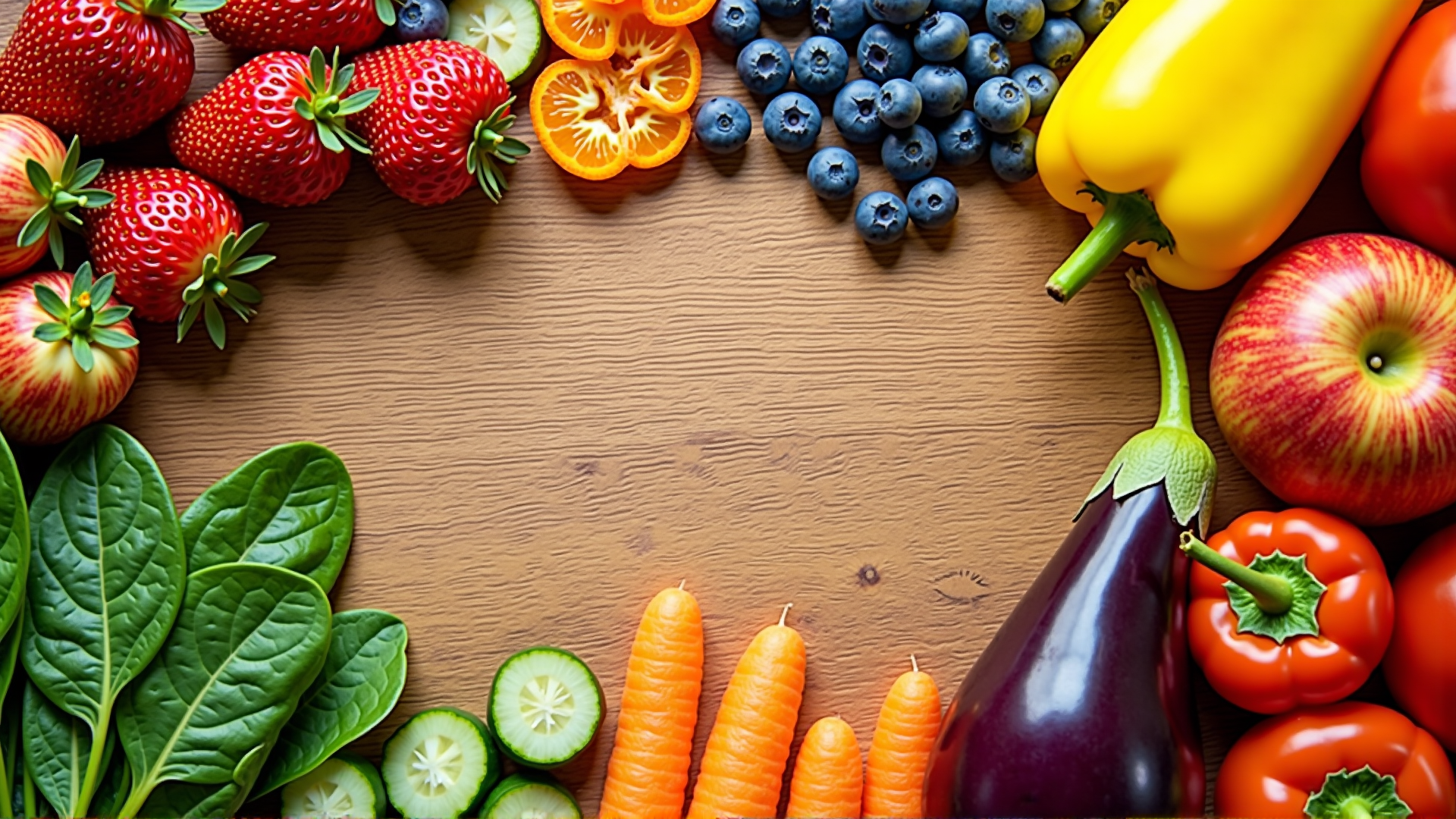Achieving glowing skin often feels like a perpetual quest, especially with the array of skincare products promising miraculous results. While topical applications can certainly play a role in enhancing your skin's appearance, the foundation for truly radiant skin is built from the inside out. Nutrition plays a pivotal role in skin health, as the nutrients you consume directly influence your skin’s appearance, resilience, and overall vitality.
A crucial aspect of skin health is hydration. While water isn't a food, it's essential for maintaining skin elasticity and moisture levels. Adequate hydration helps flush out toxins, provide essential nutrients to skin cells, and keep your skin plump and supple. Pairing your water intake with water-rich foods like cucumbers, melons, and leafy greens can boost your skin’s hydration levels.
When it comes to specific vitamins and minerals, Vitamin C is a powerhouse antioxidant that is vital for collagen synthesis. Collagen is the protein that keeps skin firm and youthful; hence, incorporating Vitamin C-rich foods like oranges, strawberries, broccoli, and bell peppers can contribute significantly to your skin's glow.
Vitamin E complements Vitamin C as another antioxidant that combats free radicals, which are harmful molecules that can damage your skin cells. Foods rich in Vitamin E include almonds, sunflower seeds, and spinach. Incorporating these into your diet can help protect your skin from oxidative stress and premature aging.
Vitamin A is another essential nutrient that supports skin cell production and turnover, contributing to a smoother, more even skin tone. Foods rich in beta-carotene, which the body converts into Vitamin A, include carrots, sweet potatoes, and pumpkins. These foods can help repair skin tissues and maintain a healthy cell structure.
Omega-3 fatty acids are also crucial for maintaining skin health. Found abundantly in fatty fish like salmon, mackerel, and sardines, these essential fats help reduce inflammation, keeping skin conditions like acne and eczema at bay. Omega-3s also reinforce the skin barrier, locking in moisture and providing a youthful complexion.
Additionally, zinc is a mineral that plays a vital role in wound healing and reducing inflammation. It helps manage oil gland function and can improve acne symptoms. Foods high in zinc include oysters, chickpeas, and lentils. Consistent intake of these foods can lead to clearer and healthier skin.
Whole grains like brown rice and quinoa, along with legumes and nuts, provide selenium, which is another antioxidant that works synergistically with vitamins to protect against environmental stressors.
Capsaicin, found in chili peppers, and the allicin in garlic can also help promote blood flow and fight bacteria, contributing to a healthier complexion.
Lastly, don’t underestimate the power of probiotics in fermented foods like yogurt and kimchi. A healthy gut microbiome directly contributes to clearer and more radiant skin, with probiotics helping to balance skin-friendly bacteria.
Incorporating these nutrient-rich foods into your daily diet will not only nourish your body but also unlock the secret to glowing, resilient skin. Remember that consistency is key—changes in diet manifest over time, so patience and persistence will eventually yield the luminous skin you desire. Combine these dietary practices with a balanced lifestyle, including regular exercise and adequate sleep, for optimal skin health.
